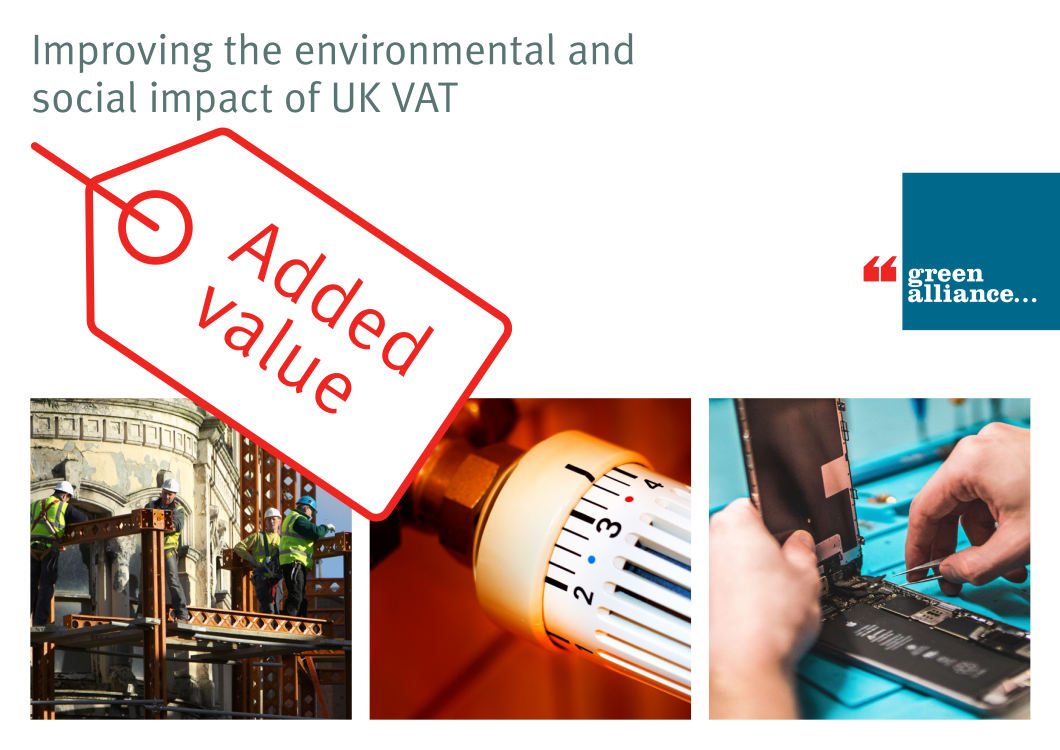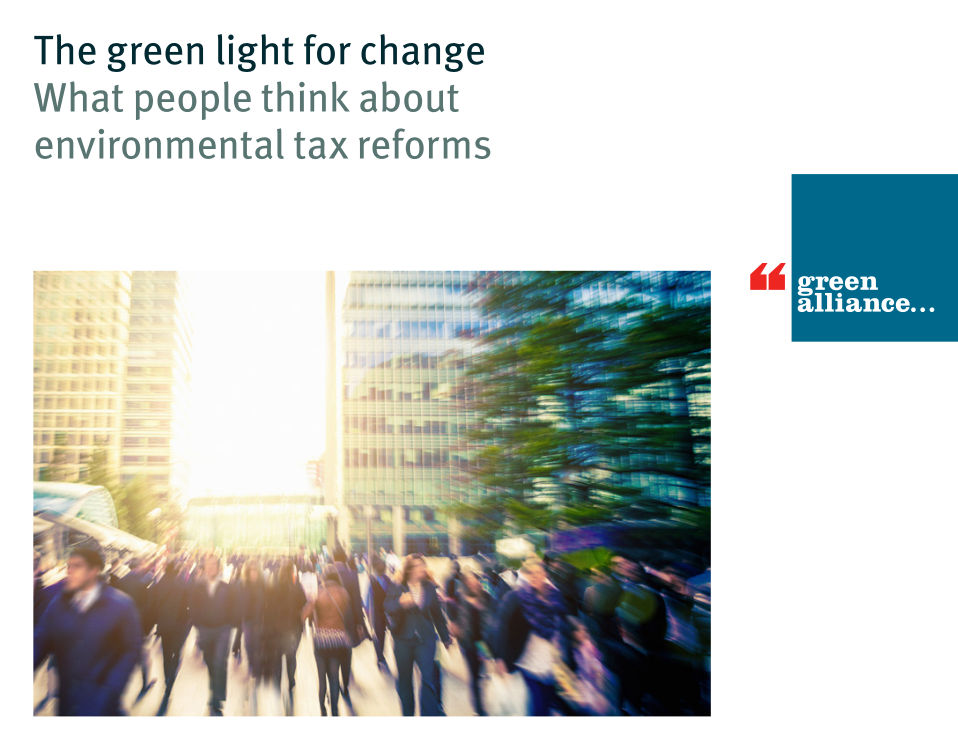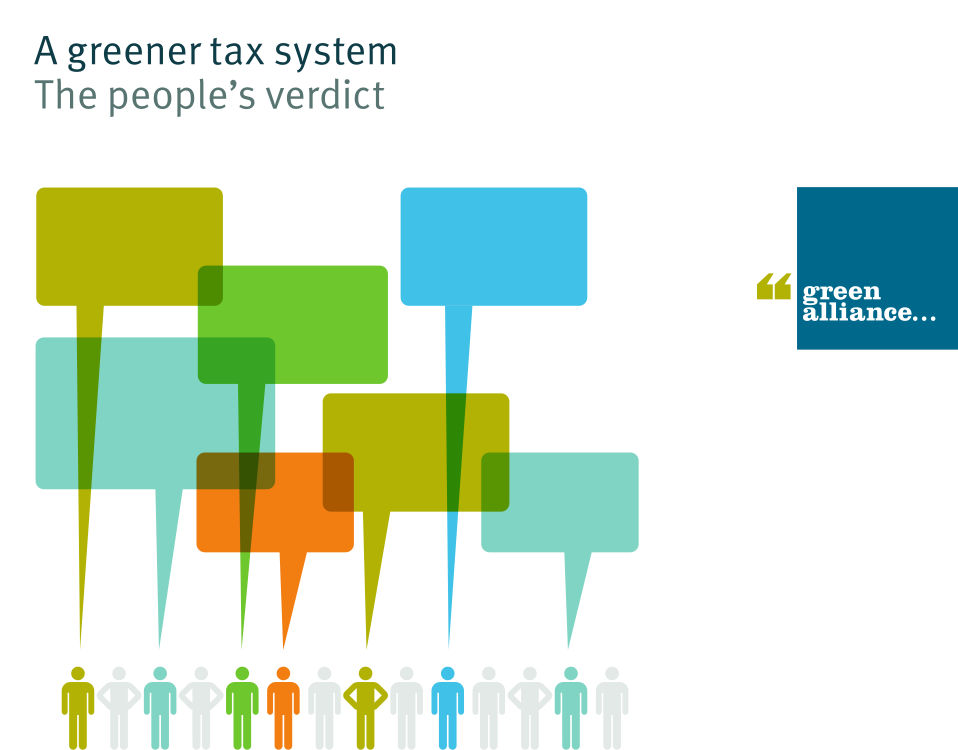Overview
For too long, governments have avoided fundamental changes to tax, tinkering only with the rates of existing taxes, rather than conducting a root and branch review of the system to consider what taxes are for, including what is taxed, and why.
Our TransformTax project, supported by the Joseph Rowntree Charitable Trust, used a multidisciplinary approach, looked at the history of taxation, analysed alternative approaches from abroad, compared fiscal instruments and, crucially, incorporated behavioural science. As part of this, we used deliberative democracy techniques to understand what the public wants from the tax system.
We investigated how taxes can be applied in a way that helps society to navigate away from an economic system founded on the ever increasing consumption of goods, with little consideration of its impact on the wellbeing of people and the planet. Through this project, we examined opportunities for the tax system to enable people to make more sustainable choices.
This project ran from 2020 to 2023, and has now concluded.
Decades of piecemeal changes to the tax system have left it complicated, inefficient and beset with perverse incentives that do little to raise revenue or meet the government’s wider economic objectives…The system is ripe for reform.
Our work

In collaboration with our advisory board, and with thanks to BritainThinks, we have written reports on how the tax system can assist the public to adopt greener lifestyles and avoid behaviours that harm the environment.
Read our reports:
We outline three changes to VAT that can be made relatively easily in the near term. They should be made as a priority to begin the process of embedding environmental and social benefits in the tax system.
Our commissioned BritainThinks survey of over 2,000 people reveals strong support among the UK public for changes to the tax system to encourage greener choices.
Our BritainThinks citizens’ jury delves deeper into public attitudes around greening tax and discovers how to ensure their support.
The tax system has the potential to play a strategic role in tackling the climate and other environmental crises the UK faces, supporting individuals and businesses to make sustainable choices.
Reforming the tax system needs to be done in a way that is fair, popular and effective. These principles, agreed between Green Alliance and partners from the environmental and social policy sectors, set out how the UK should redesign the tax system to achieve its climate, social and wider environmental goals.
Our tax system is outdated, geared around a high carbon economy and, in many cases, actively discouraging people from making sustainable choices. Taxes must change and adapt to a decarbonised world and can be used to support other policy measures.
This report calls for the chancellor of the exchequer to publish a tax road map outlining how the tax system will support a net zero economy.
This report examines the track record of carbon pricing in the UK, its future potential and limitations and the role it should play alongside other policy measures to drive a low carbon, nature rich economy. We call on government to improve the current carbon pricing system by addressing existing shortcomings, set out a renewed vision for carbon pricing and its role in net zero, and use carbon pricing as part of a new, broader industrial strategy.
Advisory board

Assistant professor in economics and impact director of the Centre for Competitive Advantage in the Global Economy (CAGE), Warwick University

Research director, Oxford Net Zero and professor of climate economics and policy at the University of Oxford.

Director, Equanimator and former chairman, Eunomia Research & Consulting

Deputy director of the IFS and head of the tax sector

Professor of environmental psychology, University of Bath, and director, Centre for Climate Change & Social Transformation (CAST)
Partner
We’re grateful to the Joseph Rowntree Charitable Trust for supporting this work.




